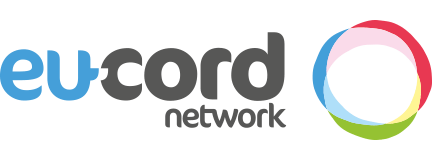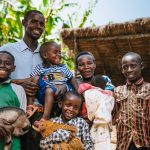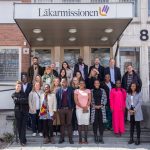Ruth and Tabeth attended the 2023 IDDC General Assembly in Høje-Taastrup, just outside Copenhagen, Denmark. The event, co-hosted by DPOD (Disability People’s Organizations Denmark), took place at the House of Disability Organisations, hailed as the world’s most accessible house.
The House of Disability Organisations: A Revolutionary Approach to Accessibility
The House of Disability Organisations in Denmark is built according to the principles of universal design. It describes itself as the first office building in the world to strive for 100 per cent accessibility, ensuring that people of all abilities can navigate its spaces. The house serves as a testament to the importance of incorporating accessibility from the outset of architectural planning, eliminating the need for costly retrofitting in the future. With over 17 disability organisations housed within its walls, the building showcases a vision of inclusivity in working life and society.
IDDC’s New Strategy
At the General Assembly, the members of IDDC approved a new strategy to take us forward as a consortium around three priorities:
- Be propositional for a fully-disability inclusive global framework beyond Agenda 2030 while continuing to support disability inclusiveness in the current Sustainable Development Goals.
- Better leverage our expertise, profile and access to key political structures and moments and deepen our connections to further support and influence the implementation of disability rights at the national, regional and global levels.
- Prioritise meaningful participation of persons with disabilities and OPDs in IDDC by addressing power dynamics that hinder such participation and committing to consultation and alignment where possible with OPDs and their networks in advocacy and policy work.
You can read more about the framework, also summarised in an infographic, on the IDDC website: https://www.iddcconsortium.net/blog/3-strategic-priorities-to-shape-post-2023-iddc-activities/
Workshop segment ‘Achieving Health Equity for All in Global Development.’
IDDC and DPOD co-hosted a workshop titled ‘Achieving Health Equity for All in Global Development’, based on the recent WHO Global Report on Health Equity for Persons with Disabilities.
The IDDC-DPOD Conference aimed to identify actions to increase health equity for persons with disabilities in global development and humanitarian actions. The event emphasised the importance of learning and forming new partnerships to address persisting challenges and build more inclusive societies.
An estimated 1.3 billion people – or 16% of the global population worldwide – experience a significant disability today. Persons with disabilities have the right to the highest attainable standard of health as those without disabilities. However, the WHO Global report on health equity for persons with disabilities demonstrates that while some progress has been made in recent years, the world is still far from realizing this right for many persons with disabilities who continue to die earlier, have poorer health, and experience more limitations in everyday functioning than others. These poor health outcomes are due to unfair conditions faced by persons with disabilities in all facets of life, including in the health system itself. Countries have an obligation under international human rights law to address the health inequities faced by persons with disabilities. Furthermore, the Sustainable Development Goals and global health priorities will not progress without ensuring health for all.
As part of the conference, the Danish Ministry of Foreign Affairs expressed its commitment to protecting disability rights and addressed several areas relevant to its strategic goals. These areas included addressing health inequalities faced by persons with disabilities during crises, considering climate change impacts on persons with disabilities, and ensuring meaningful engagement and leadership of organisations of persons with disabilities.
In the afternoon, smaller groups discussed the intersection between health equity and persons with disabilities in the frame of the climate crisis, the peace-development-humanitarian nexus, and sexual and reproductive health rights and gender-based violence.
Ruth comments,
Moderating the session on health equity in the peace-development-humanitarian nexus, I was struck that while a lot has been done at a policy level and through mechanisms such as the Sphere Guidelines and the IASC guideline on inlcusion of persons with disability, the humanitarian system is still failing people with disabilities, and we need to have some honest conversations as to why this is the case. There are opportunities for IDDC to reach out to those who are driving the humanitarian system to find a real way forward.
